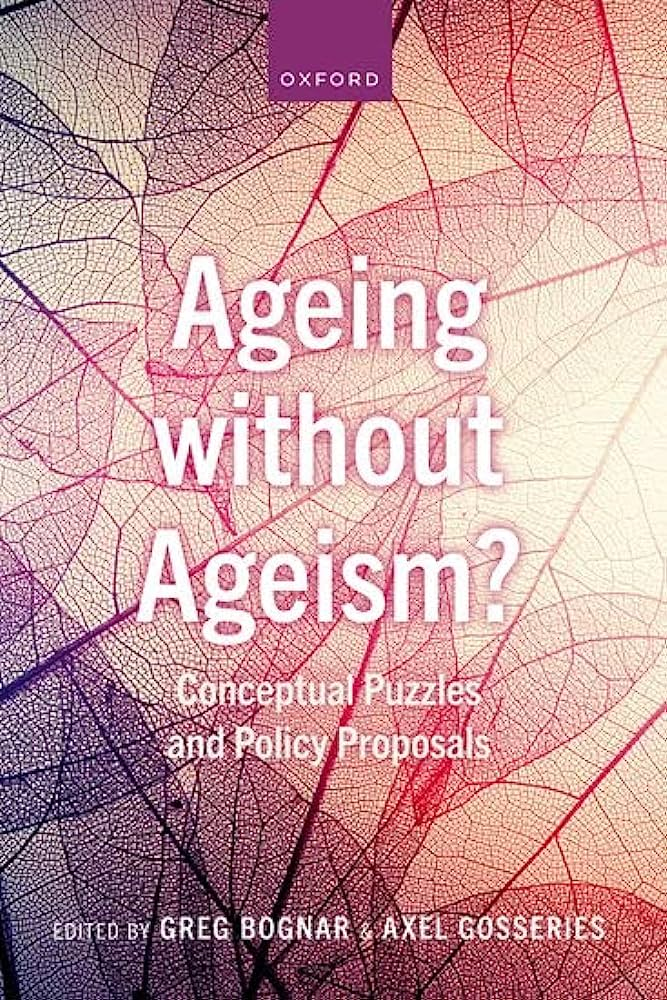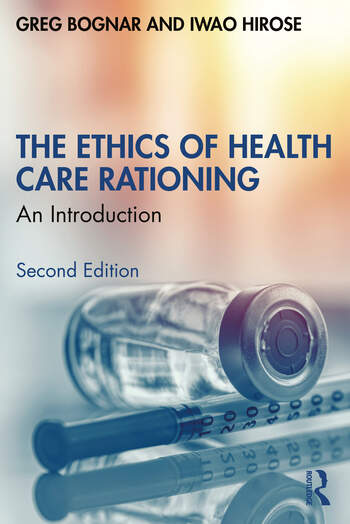Books
Ageing without Ageism: Conceptual Puzzles and Policy Proposals

People today are living longer than ever before. Population ageing is transforming the world, and the trend is accelerating. At the turn of the millennium, there were fewer than 500 million people who were 65 or older. In 2030, there will be more than one billion, and by 2050, around 1.5 billion. Some time during the last decade, the number of older people has surpassed the number of children under five for the first time in human history.
Population ageing presents enormous challenges. Ageing societies will have to make massive adjustments to their old-age support and health care systems, their labour markets, and their social and political institutions. Population ageing will have profound effects on family life, the nature of work, politics, and people’s life plans. With no historical experience to rely on, societies will have to try untested, novel, and creative ways for coping with the challenges of ageing.
Given the magnitude of these challenges, too little attention is being paid to the social policy implications of these demographic changes. There is no comparable global trend that is likely to have such a profound effect on humanity while remaining so underexplored. Population ageing raises a host of philosophical puzzles and a range of uncharted policy options.
Co-edited with Axel Gosseries, this book aims to contribute to the essential and timely discussion on ageing and public policy. It attempts to demonstrate the breadth of the challenges by covering a wide range of policy areas from health care to old-age support, from democratic participation to education, from fiscal policy to urban planning, among a host of other issues.
The book is published by Oxford University Press.
The Ethics of Health Care Rationing

Rationing in health care sounds like a terrible idea. But in fact it is not only inevitable and necessary, it can actually be good for you. So if you are worried about “death panels” or just want to understand the ethical issues of allocating health care resources, this is the book for you! With Iwao Hirose, my co-author, we explain why rationing is ubiquitous and unavoidable, how to value health, why cost-effectiveness analysis is central to resource allocation, the problems of disability and age discrimination, why curing headaches for the many can be more important than life-saving interventions for the few, whether responsibility for unhealthy lifestyles should make any difference to the care you can get, and how we should think about inequalities in health and longevity and social justice. The second edition also explains why some drugs are too expensive and others too cheap.
The first edition was published by Routledge in 2014, followed by a second, expanded edition in 2022. A Japanese translation was published in 2017.
Here is a sample to get you started.